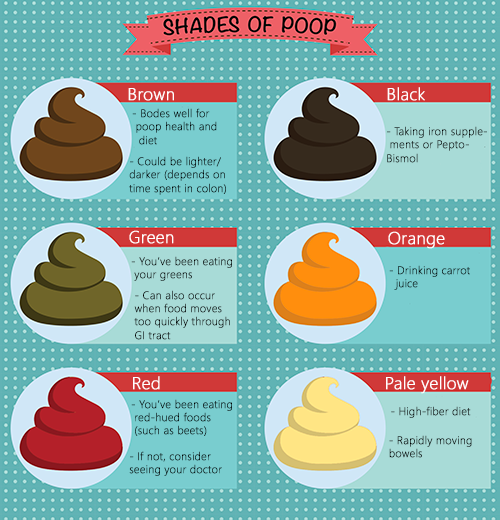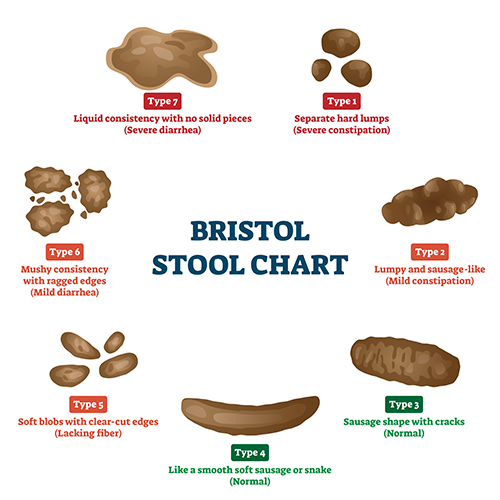Your stool can be a valuable indicator of your overall health and the quality of your diet. The color, consistency, and frequency of your poop can provide insights into your nutrition.
Dr. Todd Sinett, founder of Tru Whole Care in New York City and author of The Good Sh*t, emphasizes the importance of eating right to produce healthy bowel movements.
Experts explain how the color, frequency, and consistency of your poop can reflect the foods you consume. It is essential to note that certain health conditions can also impact poop health, so it’s advisable to consult a healthcare professional if you have concerns.
Poop Color
The color of your poop can be influenced by the foods you eat. Here’s what different colors may indicate about your diet:

Interpreting Poop Colors:
– Brown: Indicates a healthy digestive system and diet.
– Green: Likely due to consuming green vegetables rich in chlorophyll or fast GI transit.
– Red: Could be from foods like beets or other red-colored items.
– Black: Iron supplements or certain medications can cause black stools.
– Orange: Eating foods high in beta carotene, like carrots, may result in orange poop.
– Yellow: Pale yellow stools may suggest rapid bowel movements or a high-fiber diet.
Poop Frequency and Consistency
The frequency and consistency of your bowel movements are indicators of your digestive health:

The Bristol scale categorizes stool into seven types based on consistency:
- Type 1: Separate, hard lumps
- Type 2: Sausage-shaped, lumpy
- Type 3: Sausage-shaped, cracked on surface
- Type 4: Sausage- or snake-shaped, smooth and soft
- Type 5: Soft blobs, clear-cut edges
- Type 6: Mushy pieces, ragged edges
- Type 7: Entirely liquid, no solid pieces
Interpreting Stool Types:
– Types 1 and 2: Constipation, may indicate a lack of soluble fiber or hydration.
– Types 3 and 4: Normal consistency when a balanced diet is maintained.
– Types 5 to 7: Diarrhea, can be caused by various foods or low fiber intake.
It’s important to track your poop and food intake to identify patterns that affect your digestive health. Consulting a healthcare professional before making significant dietary changes is recommended to ensure proper nutrition.
Pay attention to how you feel after bowel movements, as discomfort or bloating may signal gastrointestinal issues that need addressing.

